(Image: The author and his father, who introduced him to golf.)
Last Sunday I reviewed Berner’s 2022 novella *Sandman,* a novella that uses golf as a metaphor. Today I have the pleasure of speaking with David about the book, his experience with the sport, and the writing life.
You play golf yourself. Are there autobiographical details in your portraits of Sandman’s various characters?
Much of Sandman is influenced by real people. The main protagonist was inspired by a man who hung around the golf course where I regularly play. His spirit and his good-will nature are part of the inspiration for the story behind Sandman. Some of the other minor characters have bits and pieces of people I know.
There’s a mentor-like relationship between Jimmy and the caddie-master at Old Course that’s echoed between Jimmy and the unnamed boy at Old Elm, though the latter pair never really speak. The caddie-master is quite eloquent, loquacious even, whereas Jimmy is laconic. In your own journey as a writer and golfer, have you had mentors of both types? Have you found one type more helpful – or does that depend on circumstances?
Great question. My biggest mentor in my writing life was a wonderful writer and teacher, Thomas E. Kennedy. He knew how to encourage and shape a writer’s thinking. He was more laconic when it came to teaching, but eloquent when he spoke in general about literature and writing. I real treat to listen to—funny, learned, sometimes even bawdy. When I teach workshops, I think I am in the middle. Some students need a very involved, talkative mentor. Others just need you to keep them on the right track, nudging them when it’s appropriate.
Though the boy learns from Jimmy’s example, he seems to be embarking on a somewhat different compromise between convention and freedom: one less extreme. Though we don’t learn much about Jimmy’s family history, I Imagine you’ve got a good sense of where he comes from. Are there differences in the two characters’ family histories that explain the different kinds of compromise they make?
The backstory is that they come from different but similar backgrounds. But what I think happens with the boy is that he sees the merits in Jimmy’s take on the world, his take on the game, and how life should be lived by one’s own compass and not that of another. Jimmy’s more difficult life has tainted his future, but not his take on the world. He remains optimistic, appreciative of what life gives. The boy is just beginning to learn that a “good life” isn’t always the conventional way.

You comment on how golf in America has connotations of poshness and apartness, whereas in Europe the game, along with its courses, is better integrated into society at large. Is this inter-continental difference growing smaller as globalisation homogenises the world?
In general, it remains the same. The public game of golf is much more of an everyman’s game in Scotland and Ireland especially. There’s some of that in the U.S., but in general golf is looked upon as an elitist endeavor, a money-ed recreation. Not to say the UK does not have its private clubs. But they are generally different than the clubs in America that tend to be exclusive and restrictive.
Professional golf players remain on the novella’s periphery. Was that a deliberate decision to prevent them from upstaging the story?
Yes. This was about the public game. Not the professional. The pro golfer and his/her game are far from what the average public course player experiences. I did not want Sandman to be about that segment of the golf world. I wanted to be a melody for the everyman golfer.
Which writers of golf (or any other sport), fiction or nonfiction, do you particularly enjoy? What about their writing turns you on?
I love Tom Coyne and James Dodson. Dodson really brings to life the soul of the game. He reveres the history of public and professional golf and writes eloquently about both. Tom Coyne has written several books about golf in America, Scotland, and Ireland. But he does it in a very personal way, telling stories about the people not necessarily the courses. I love the authenticity of his writing.
Jimmy develops a fascination with a certain sand bunker. Do you share this fascination for this or any other feature of a golf course?
Not really. But in the golf world there are some very famous bunkers at famous course. I write about a couple of them in Sandman. Golfers who know the game know those bunkers; they know how treacherous they can be to one’s game.
In golf or in any other endeavour, do you think it’s possible to balance being highly competitive with enjoying the activity? Or are achievement and experience, at least in any given moment, irreconcilable?
When I look at the very best professionals in any sport, they are either natural talents or they are individuals who have gained their talent through very hard work. Not to say the natural doesn’t work hard, but that group tends see the sport differently, I believe. John Daly is a natural talent. Someone like Justin Thomas is talented, yes, but you can see more of the work he puts in. Who is happier as a golfer? Well, for the professionals, winning helps. But the game must lose its core enjoyability when it becomes your job. Yet, the game has its level of successes and failures for anyone who plays. In Sandman, I try to remind the reader that it is how you play the game that matters more than whether you master it.
Many of the amateur golfers in the novella are colourful characters, to put it mildly. Do you initiate conversations with fellow golfers when you play, or prefer to stand back and observe? Any colourful stories?
When I go out as a single player and play with someone I haven’t met before, I always try to engage. How far it goes depends on the give and take. But I can say that after playing golf for more than forty years, I have met few people on a golf course that I have not enjoyed their company for the four hours of a round of golf. Golfers tend to have the same sensibilities about the game. But I’ve had a few interesting partners. One started a fist fight with a guy in the group behind us because he almost hit him with a ball. We had to call the police. That was highly unusual. I’ve also played with a one-legged golfer, a one-armed golfer, and a 95-year-old gentleman who walks all 18 holes.

For the aspiring writers in our audience – how do you go about writing a book and selecting a publisher? Do you outline? How many drafts did Sandman take? Do you use beta-readers and/or professional editors? How did you or your agent go about selecting a publisher? How much marketing is a writer today expected to do?
Good questions. Much of this I talk about when I hold workshops. Generally, for me, I do not outline. Never have. I have a rough idea of the story and start writing. I do many drafts and adjust and shift as I go. I believe the story is already in me, I just need to get it out. I do use beta-readers from time to time. On Sandman I had to be certain I was getting some of the nuances of St. Andrews, Scotland, and The Old Course exactly right. I had spent some time there years ago, but there were aspects I needed to exact about.
I no longer have an agent. Had one for a time. Might try to find another eventually. But I haven’t needed one for the last couple of books. Publishers are trickier because you must match your story with what they are looking for. One publisher might have no interest in your work, not because they don’t like the story or the writing, but because the narrative does not work with their mission.
Marketing these days is very much an author’s job. Small and medium publishers have very little money for marketing. Many times, they will ask the author to take that on. I don’t mind that at all. But I will confess I am not an expert at it and often reach out to the freelance professionals for help.
***
I’m hosting a giveaway: one lucky reader gets a hard copy of *Sandman* shipped to them. Check out today’s other post to participate.

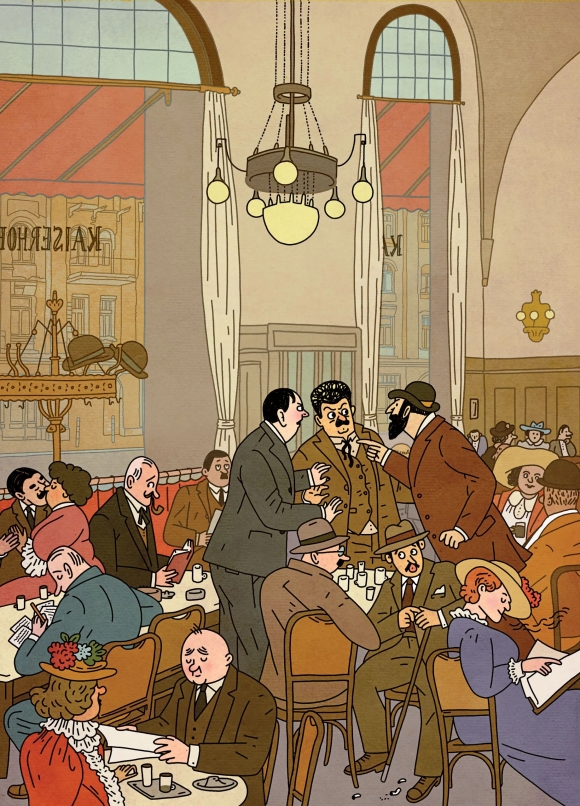
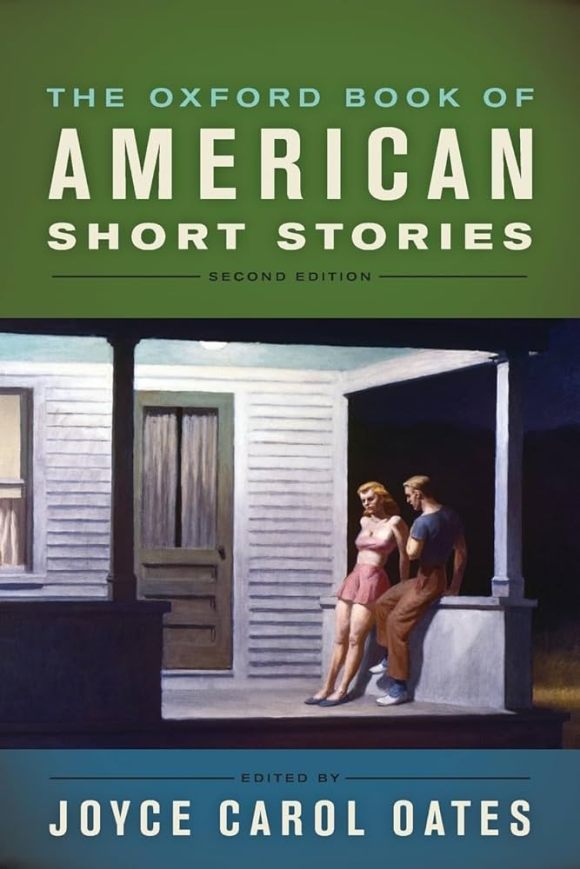
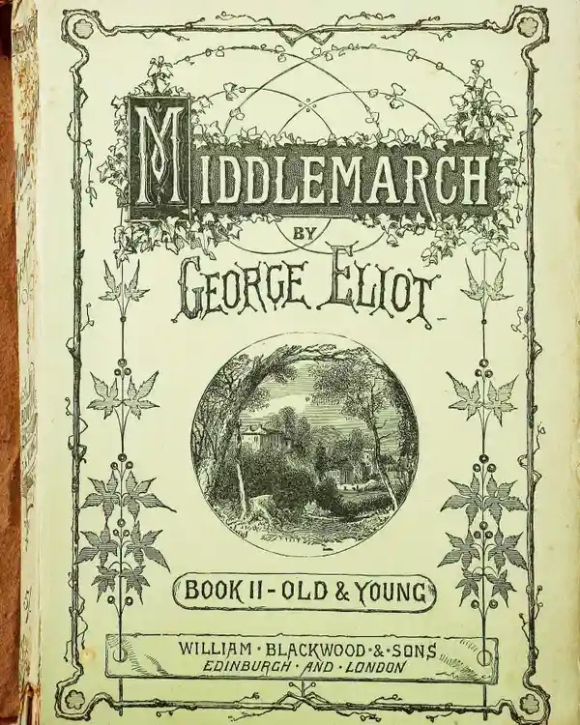
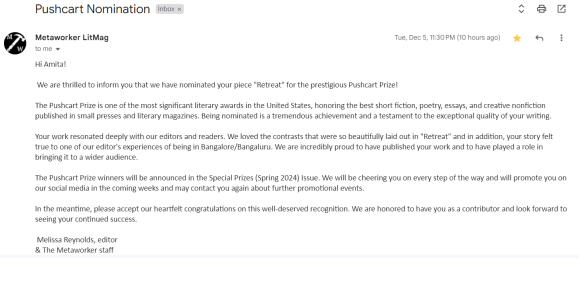
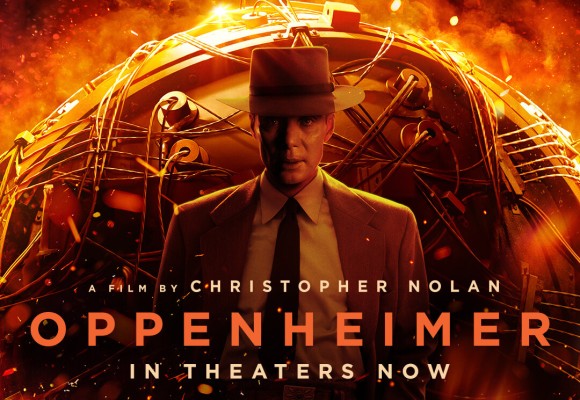
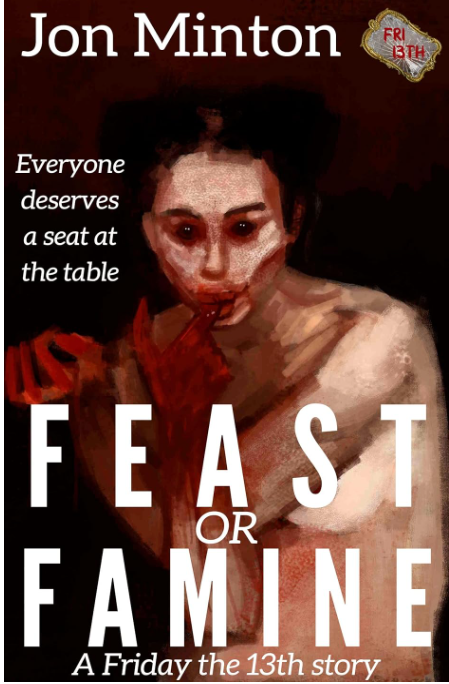
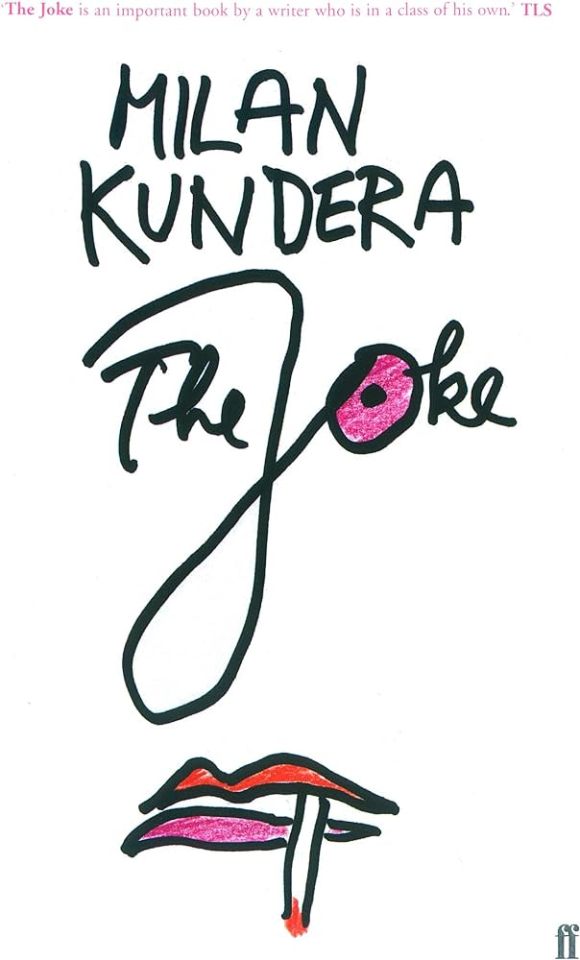
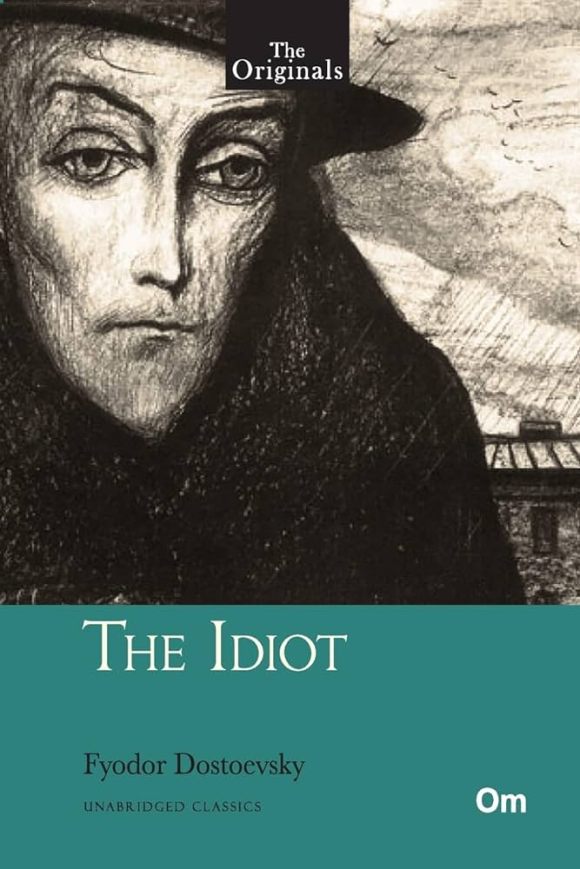
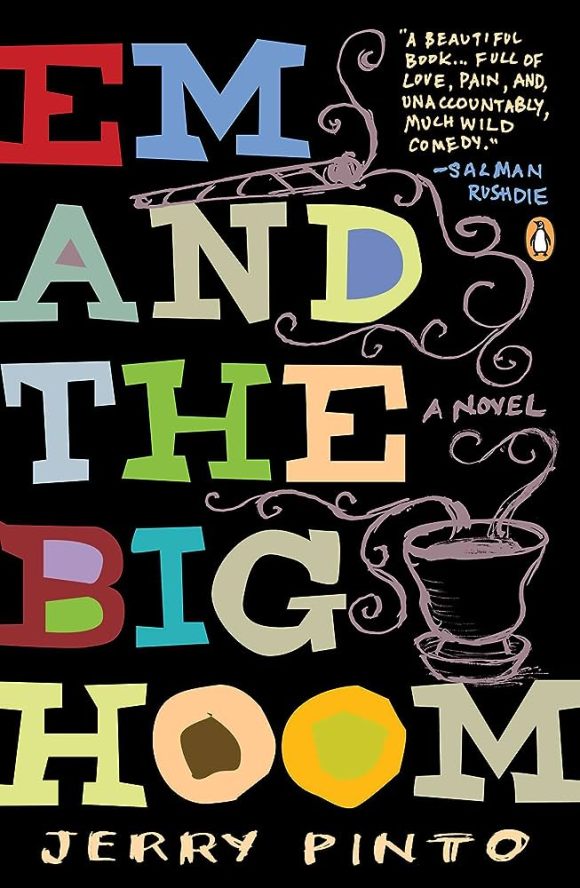
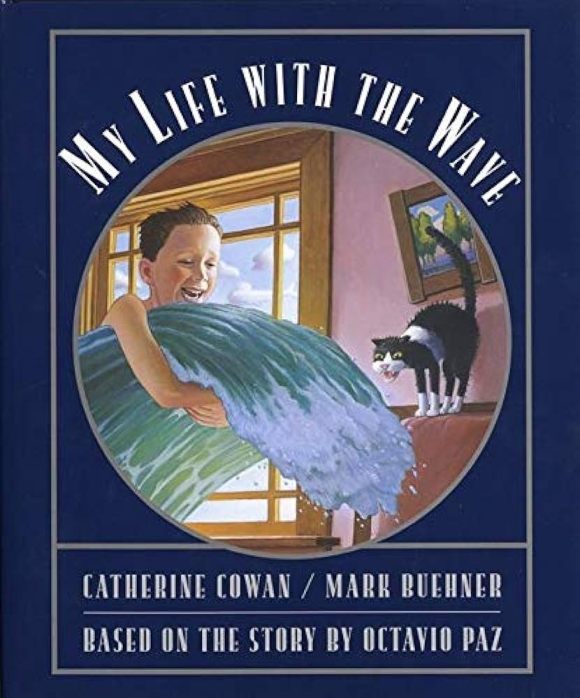
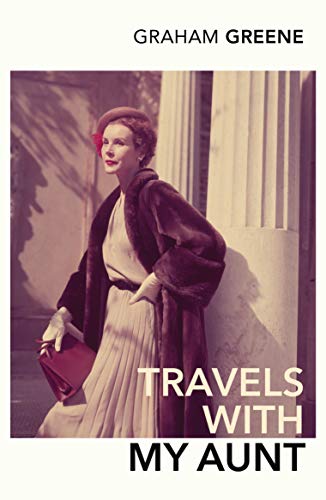
One reply on “Interview with David W. Berner on *Sandman*”
[…] week I reviewed David W. Berner’s golfing novella *Sandman,* and today I interviewed him about the book, golf, and the writing life. Now I have the pleasure to host a giveaway of the book. Based on the most creative response to the […]
LikeLike